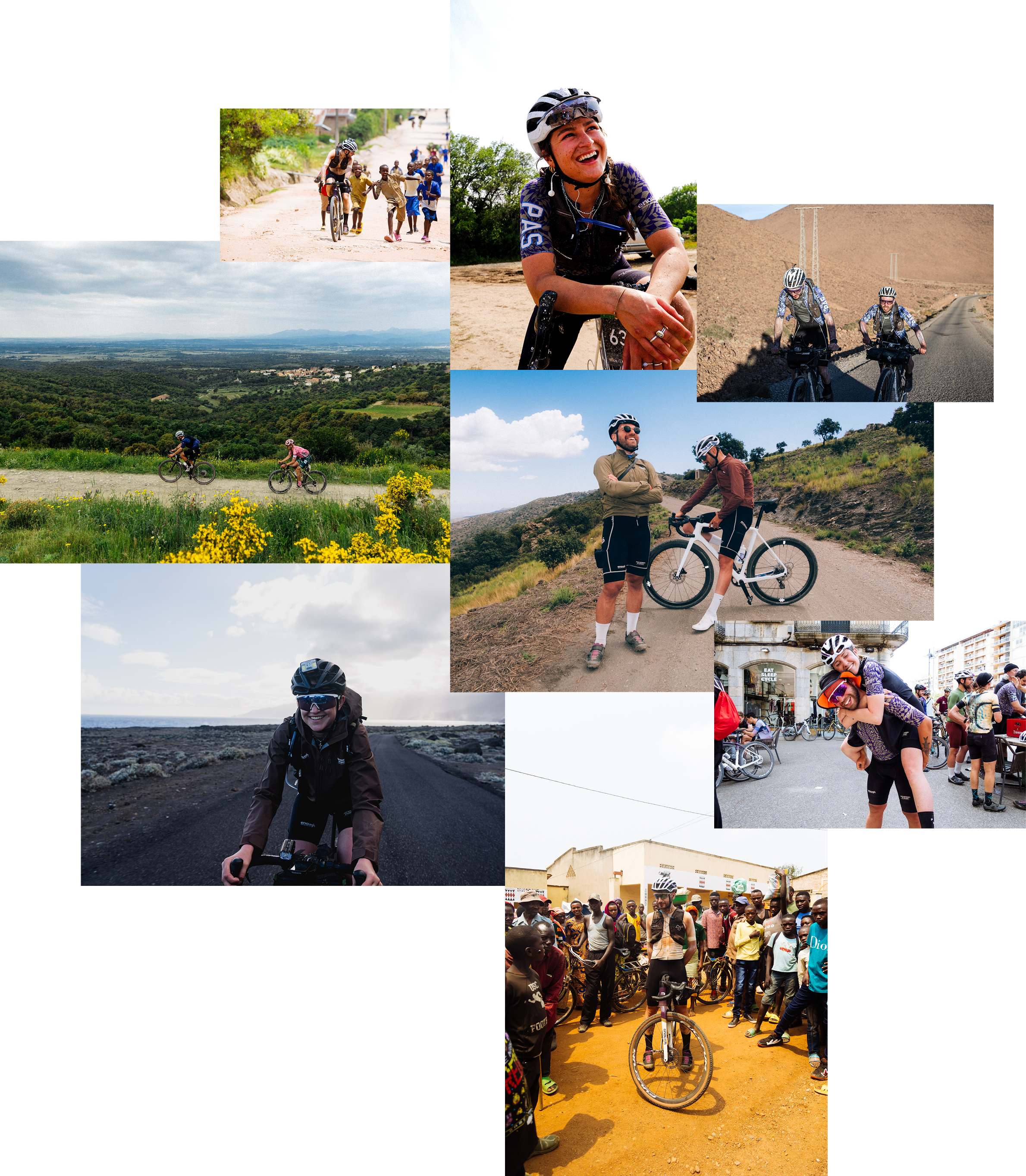Words: Federico Damiani — Photos: Enough Cycling
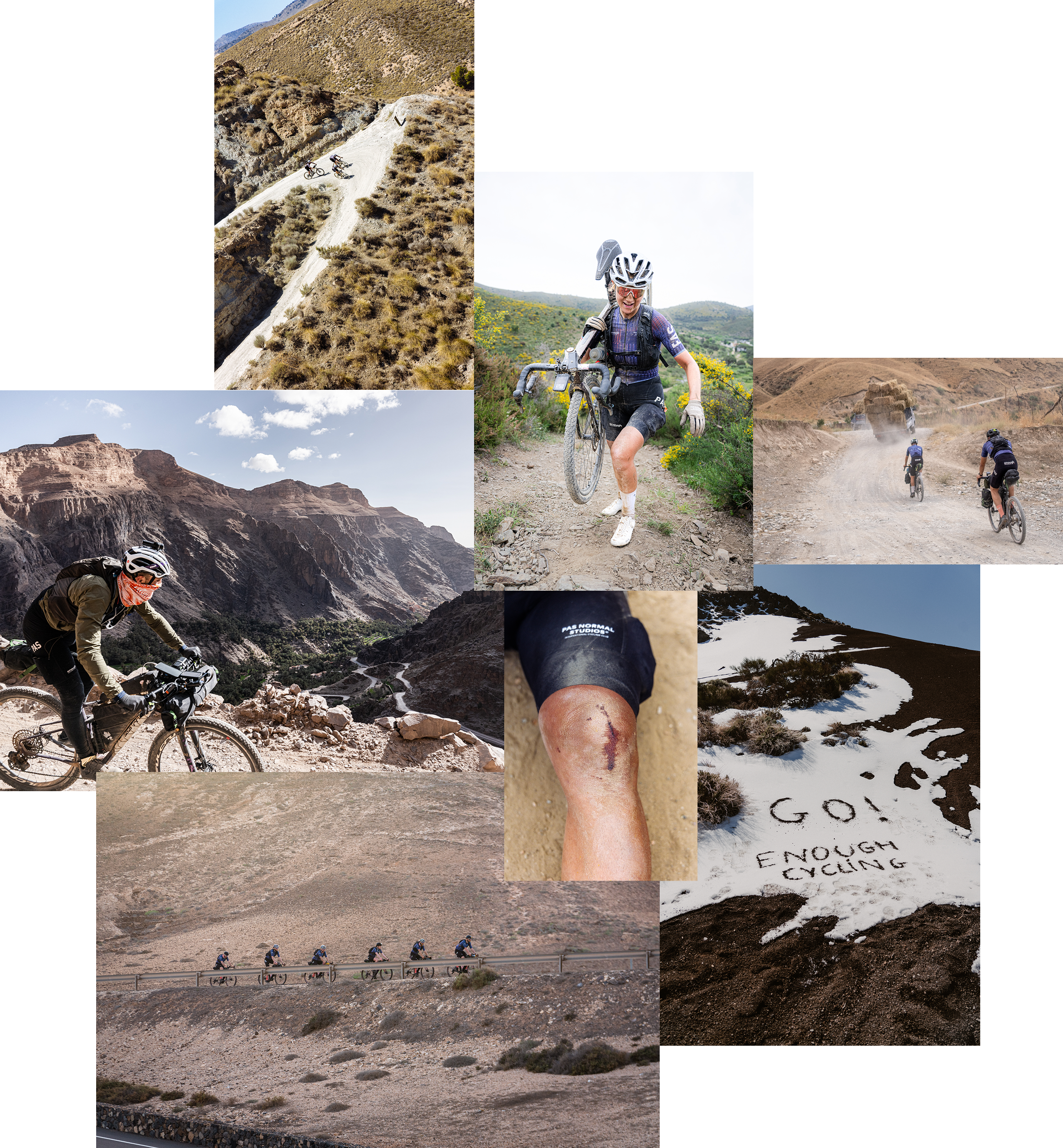
Travel is definitely something I love—when done with the right mindset, it gives back so much. Sometimes, racing travel means being in and out of a place without time to experience its culture. That’s why the kind of travel I enjoy most is by bike—whether it’s a cycling vacation or a bikepacking race. Experiencing a place by bike, especially when racing, offers a raw, honest perspective.
Wherever you go, you’re the odd one out—a stranger in a weird kit with bags on your bike. I love that feeling. I love feeling different—something most of us aren’t used to. I even love feeling fragile, out of place in a way.
After years of travelling by bike, I trust people more. I trust places and situations more. And there’s very little I’m afraid of. So, to sum up: I love travelling when it gives me those feelings. If it’s just moving from one place to another, that doesn’t interest me.
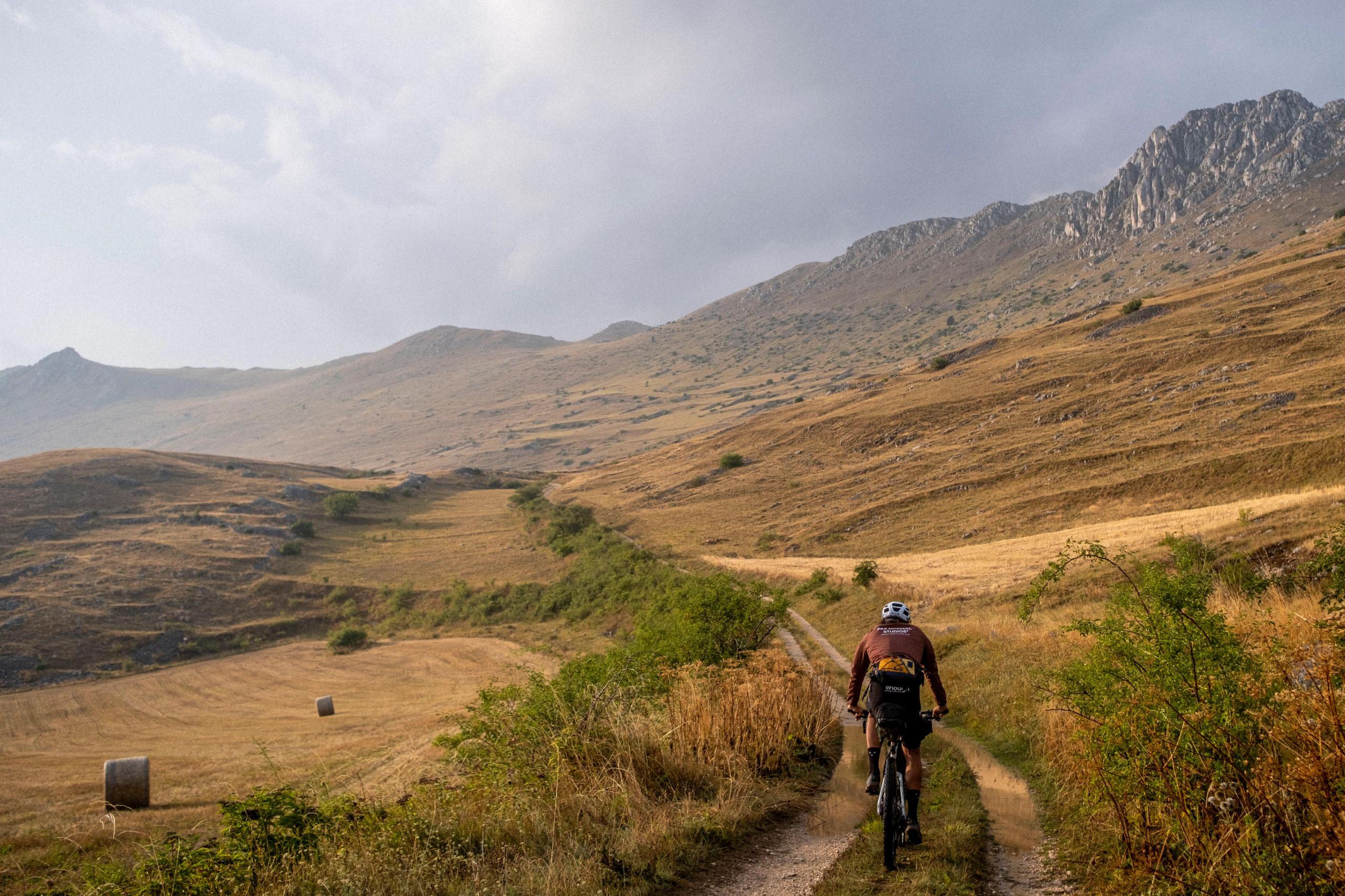
Over the years, I’ve heard opinions about everything we’ve done and everything we’re doing. At first, I tried to listen to everyone, and it almost drove me crazy. The more a project becomes popular, the more you hear all sorts of opinions about it.
On one hand, I think it’s good to listen to different ideas and to carry a healthy sense of doubt. You need confidence in your direction, but also the humility to accept that you’re not always 100% right. One thing I’ve learned is how to recognize the opinions that are worth listening to—and the ones born from envy or ignorance.
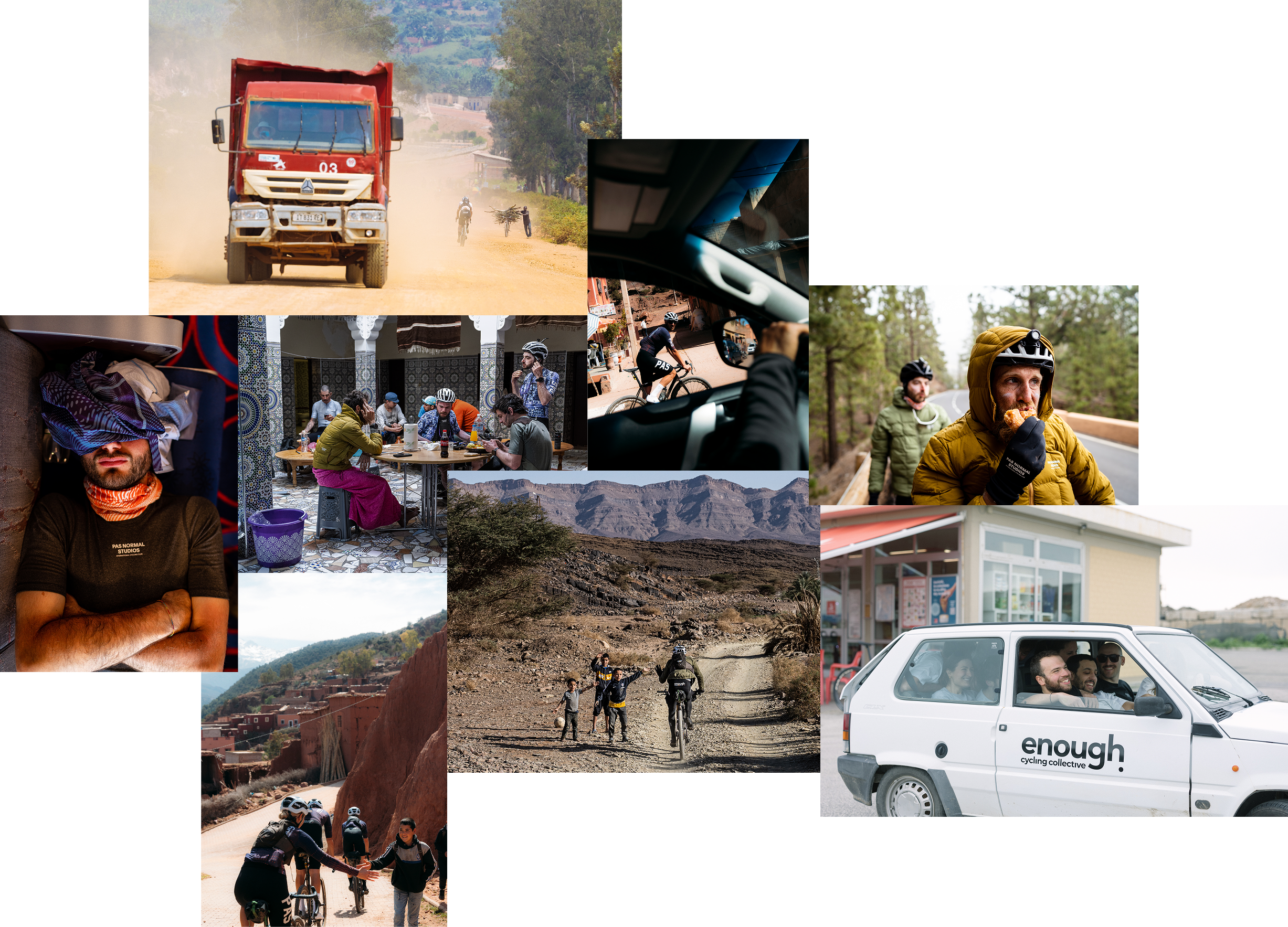
I’ve always had a hard time with that word. But at the same time, I understand it’s becoming more and more important. What I don’t like is when performance becomes the only factor in measuring someone’s value—as a rider, and even worse, as a person.
We believe there’s much more to a person than just a number on a results sheet. If you think about it, the stories that resonate and inspire the most come from both wins and losses. What makes the difference is the characters and the empathy they generate by showing their feelings, beliefs, and the story behind them.
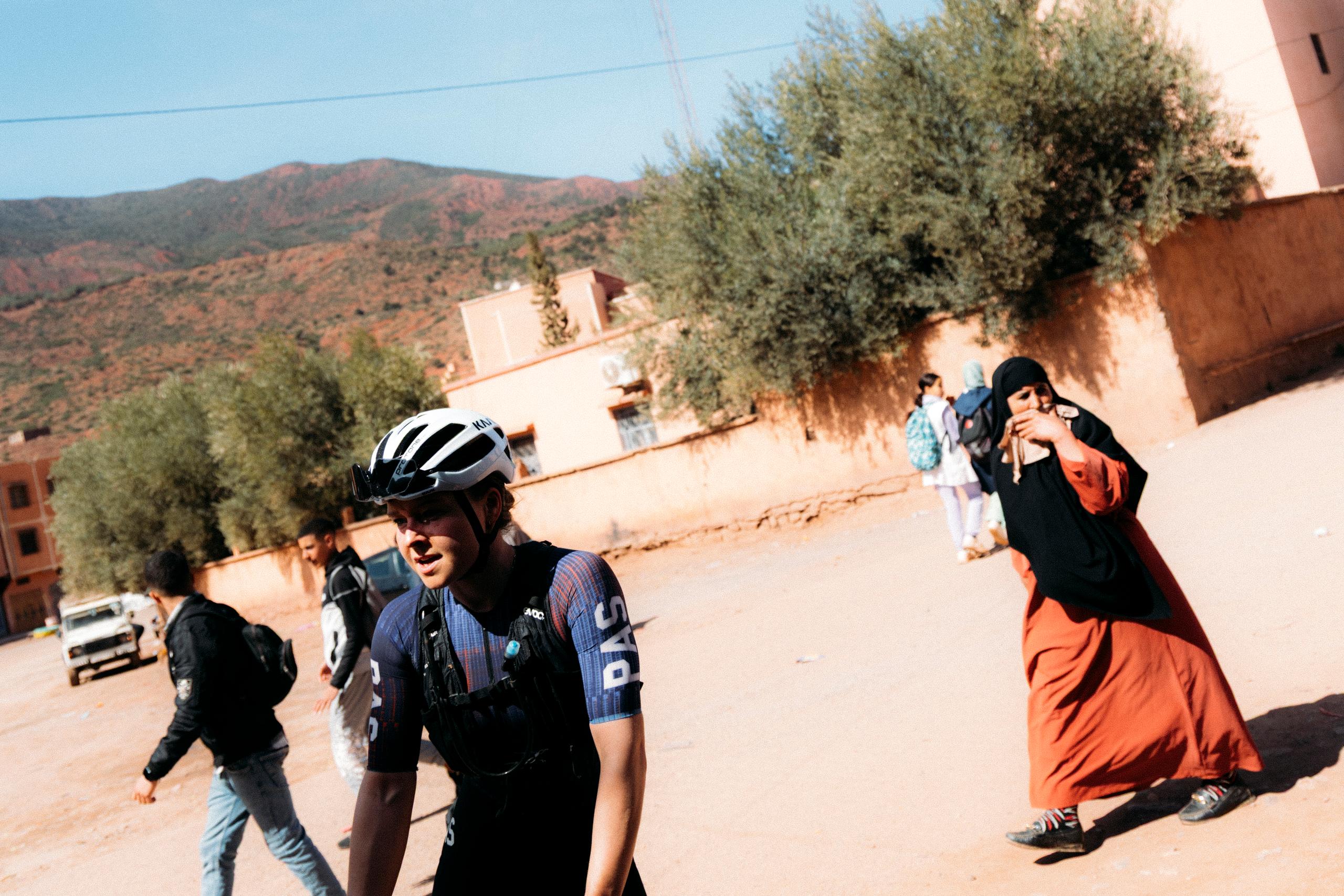
When you take on a project that’s even slightly “entrepreneurial”—especially one involving competition and racing—you have to embrace the possibility of failure. It’s part of the process of growing and achieving.
Of course, failure still brings frustration, especially when you lose races due to things beyond your control. But you can find peace of mind after a failure if you know you did everything in your power to avoid it. If that failure still allowed you to tell a story that resonated with others—or if it taught you something—that’s a win in itself.
The Traka 2024 is the perfect example of this: we might have lost due to a mechanical, but the content we created sparked empathy and a huge response. It brought us even closer as a team, and we know that day we did absolutely everything right—from feed zone support to preparation. It was a failure—but at the end of the day, I couldn’t really be that sad.
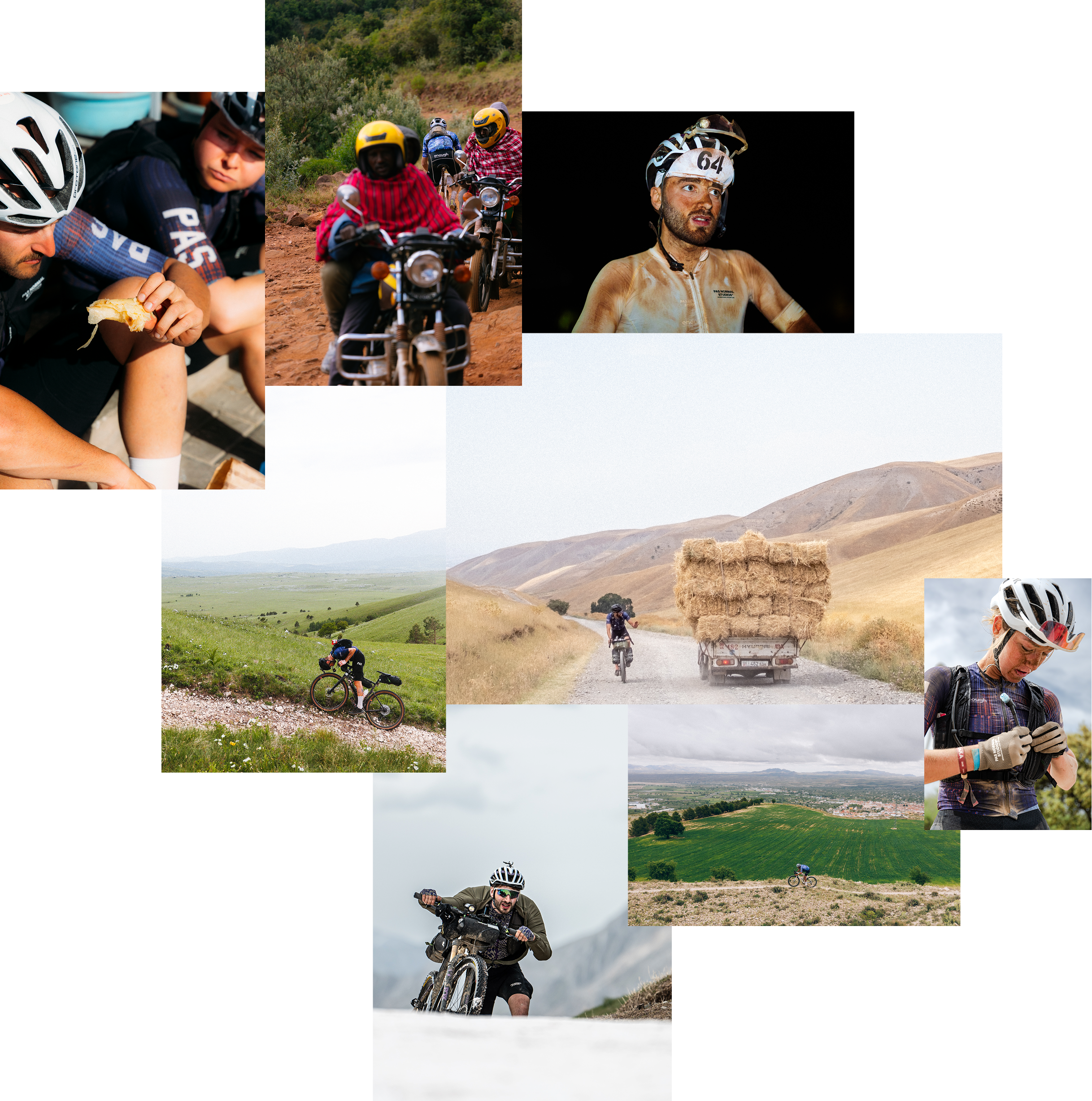
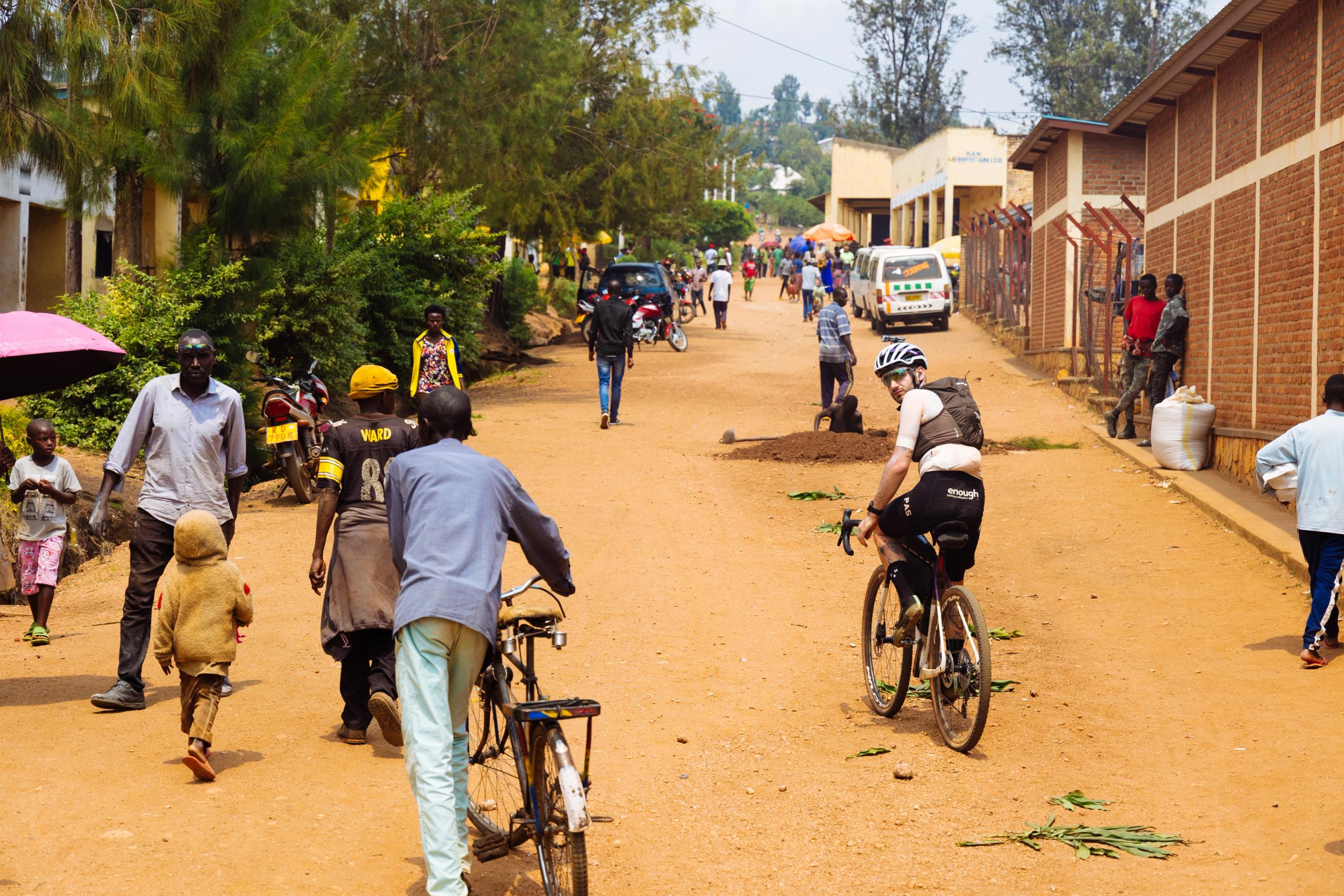
Italy is where we come from, and I know we’re “the Italians” on the gravel scene—even though 40% of the team is now international.
We’re proud of our roots and the cycling culture of our country, which has definitely shaped how we do things. Our terrain has also shaped the way we ride. We’ve been riding gravel for years on rocky trails and rough roads, which prepared us to tackle the gnarliest courses around the world.
Sometimes, when people say, “That’s not gravel” at a race, we just smile.
Italy is a strange place to ride—it has its own dynamics, ones that are hard to explain to outsiders—but it’s also one of the most inspiring and beautiful places we know.
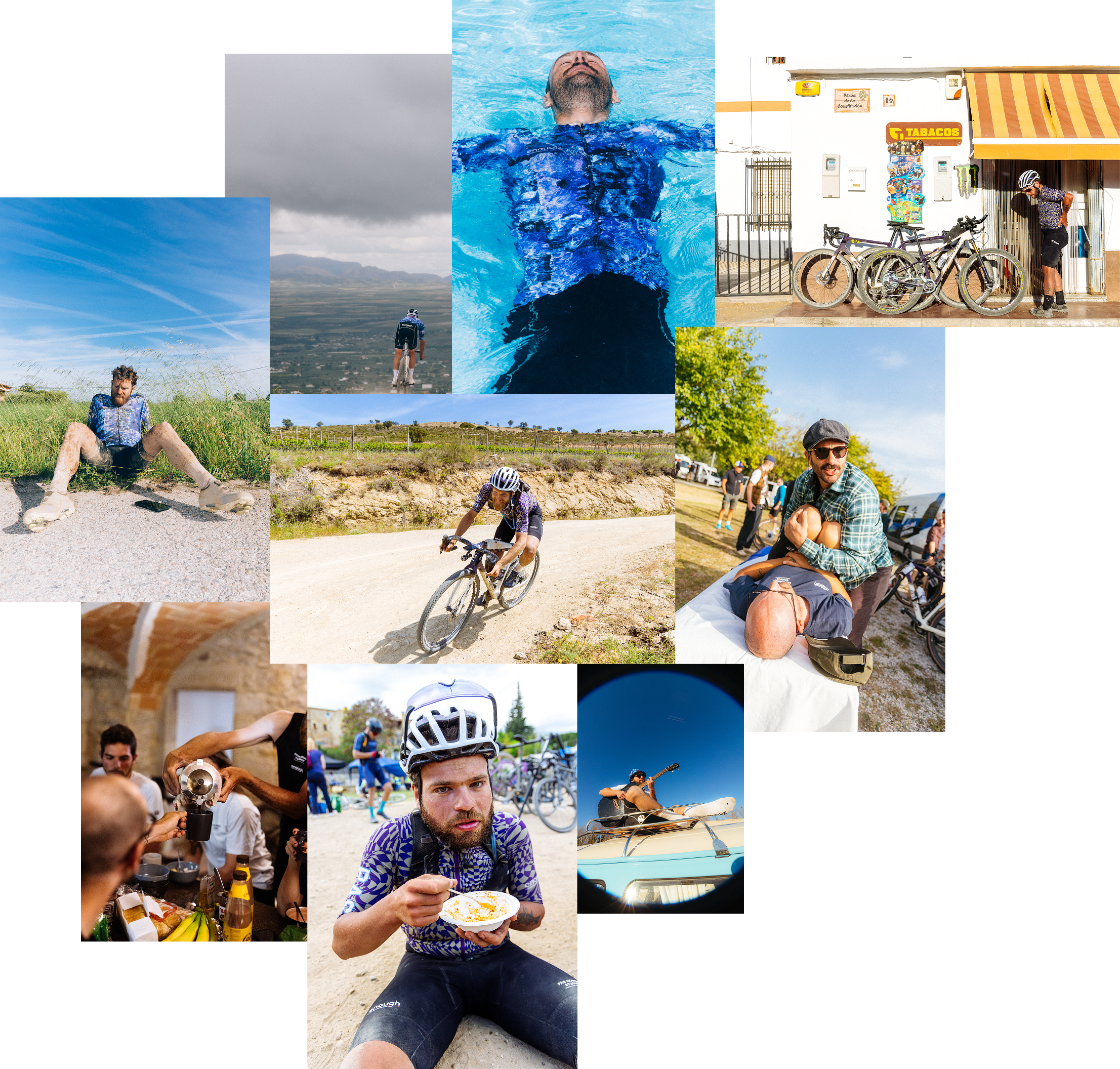
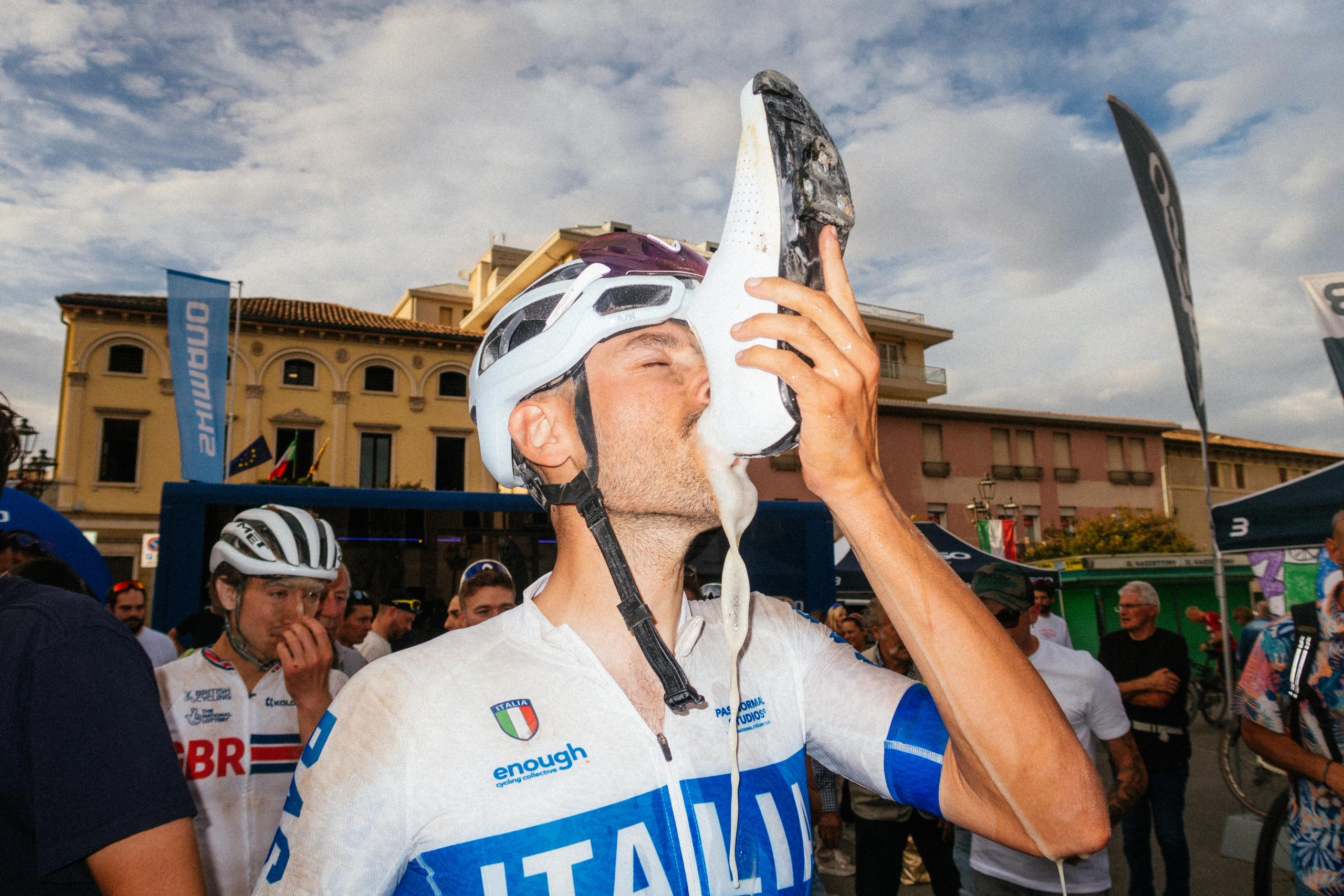
Let me borrow a quote from my favorite sports movie—Moneyball: “I hate losing more than I even want to win.”
That’s the truth. I’m one of the most competitive people I know. I grew up with a sports director for a father, and everything turned into a competition—who could run down the stairs the fastest, who finished homework first, and so on.
But over the years, I’ve realized that when I do succeed, it often feels like, “OK, I just did what I was supposed to do. That was my job.” It’s not that I don’t feel happy—but the happiness is fleeting at best.
So I guess I’m stuck in a strange place: feeling down when I lose, and not really elated when I win. But that’s just how I function—and I’m learning to live with it.
